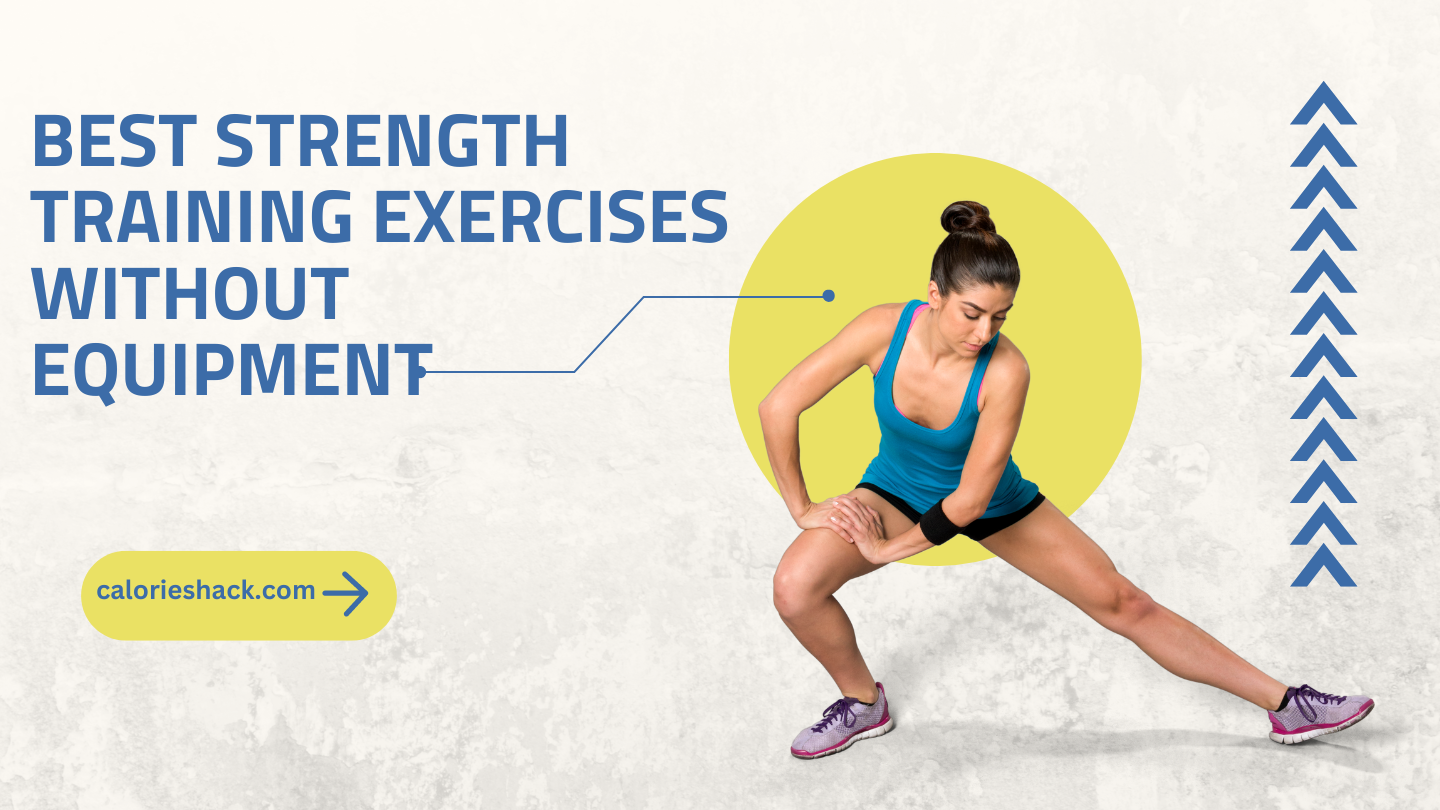Are you ready to embark on a journey towards a healthier lifestyle? Starting to eat healthy can feel overwhelming, especially if you're new to the concept. But don't worry, with the right guidance and mindset, you can make sustainable changes to your eating habits and achieve your wellness goals. In this article, we will share 10 essential healthy eating for beginners who want to start eating healthy. From focusing on whole foods to practicing mindful eating, these tips will set you on the path to success.
10 Healthy Eating Tips For Beginners:
1. Be Easy, Gentle, and Curious with Yourself
When you're starting your healthy eating journey, it's important to approach it with kindness and curiosity. Many of us have been conditioned to believe that eating better or losing weight has to be hard, restrictive, and full of self-criticism. However, this approach rarely leads to long-term success and can create a negative relationship with food.
Instead, commit to a kinder way of approaching your journey. Remember that positive change comes from a positive emotional state. Be gentle with yourself and practice self-compassion as you navigate this new territory. Embrace curiosity and view each step as an opportunity to learn and grow.
Read also: A Complete Low-Carb Diet Guide For Beginners
2. Focus on Real Whole Foods (aka Clean Eating)

One of the most important shifts you can make when starting to eat healthy is to prioritize real whole foods. This means choosing foods that are as close to their natural state as possible. Think fruits, vegetables, whole grains, lean proteins, and healthy fats. These foods provide essential nutrients and are generally less processed, making them a great foundation for a healthy diet.
While it can be challenging to completely eliminate processed foods, aim to minimize your consumption of highly processed foods. These are foods that are often loaded with preservatives, additives, and unhealthy fats. They offer little to no nutritional value and can negatively impact your health. By focusing on real whole foods, you'll nourish your body with the nutrients it needs to thrive.
3. Avoid Highly Processed Foods
In addition to focusing on real whole foods, it's essential to avoid or minimize highly processed foods. These are the food-like substances that are manufactured in factories and are designed to be addictive. They are often high in sugar, salt, unhealthy fats, and artificial additives.
Highly processed foods provide little nutritional value and can lead to weight gain, inflammation, and other health problems. When grocery shopping, read labels carefully and avoid products with a long list of ingredients you can't pronounce or understand.
Instead, opt for whole foods that have undergone minimal processing. Choose fresh fruits and vegetables, whole grains, lean proteins, and natural sweeteners like honey or maple syrup. By making this shift, you'll nourish your body with wholesome, nutrient-dense foods.
4. Connect to Your Hunger
In our fast-paced lives, it's easy to disconnect from our body's natural hunger signals. We often eat according to external cues, such as the time on the clock or societal expectations. However, reconnecting with your body's hunger cues is crucial for developing a healthy relationship with food.
Practice tuning in to your body's signals before, during, and after meals. Before eating, ask yourself if you're truly hungry. During your meal, pause halfway through and check in with your body to see if you've had enough. This mindful approach to eating can help you honor your body's needs and prevent overeating.
Also read: Perfect Summer Fruit Salad
5. Experiment with Your Macronutrient Balance
While it's not necessary to obsessively count macronutrients, it can be helpful to experiment with the balance of carbohydrates, proteins, and fats in your meals. Each macronutrient plays a unique role in your body and can affect your hunger, energy levels, and overall satisfaction with a meal.
If you tend to have a carb-heavy diet, consider adding more proteins and healthy fats to your meals. Protein-rich foods help keep you feeling full and satisfied, while healthy fats provide essential nutrients and aid in nutrient absorption. Balancing your macronutrients can help stabilize your blood sugar levels and prevent energy crashes.
Start your day with a protein-rich meal, such as a veggie omelet or Greek yogurt topped with nuts and berries. Observe how different macronutrient combinations make you feel and adjust accordingly.
6. Quality Over Calories
When it comes to healthy eating, quality is just as important as quantity. While the calorie content of a food is important for weight management, the source of those calories matters too. Focus on choosing nutrient-dense foods that nourish your body, rather than empty calories that provide little nutritional value.
For example, compare a 400-calorie store-bought low-fat blueberry muffin to a 400-calorie meal of salmon, vegetables, and brown rice. The muffin is made with refined flour, sugar, and low-quality fats, while the salmon meal contains quality protein, healthy fats, and good carbohydrates. The latter will leave you feeling more satisfied and energized, thanks to its nutrient profile.
By prioritizing quality over calories, you'll provide your body with the essential nutrients it needs for optimal health. Choose whole, unprocessed foods whenever possible and savor the flavors and textures they offer.
Also read: Breakfast: The Key To A Healthy And Energetic Start
7. Move In The Direction of a Plant-Based Diet
While it's not necessary to adopt a strict vegan or vegetarian lifestyle, moving towards a plant-based diet can have numerous health benefits. Plant-based diets are rich in fruits, vegetables, legumes, nuts, and seeds, which provide essential vitamins, minerals, and fiber.
Incorporate more plant-based meals into your diet by experimenting with new recipes and ingredients. Try swapping meat for plant-based protein sources such as lentils, chickpeas, or tofu. Include a variety of colorful fruits and vegetables in your meals to ensure you're getting a wide range of nutrients.
Remember, a plant-based diet doesn't have to be all or nothing. Find a balance that works for you and your body. By incorporating more plant-based foods into your meals, you'll increase your intake of essential nutrients and promote overall health and well-being.
8. Cook as Often as You Can and More Than You Don't
Cooking your meals is one of the most effective ways to take control of your eating habits. It allows you to choose the ingredients and cooking methods that best support your health goals. While it may seem intimidating or time-consuming at first, cooking can be a rewarding and enjoyable experience.
Make cooking a regular part of your routine by setting aside dedicated time for meal preparation. Plan your meals in advance, create a grocery list, and stock your kitchen with essential ingredients. Start with simple recipes and gradually expand your culinary skills.
If you're short on time, consider batch cooking or meal prepping on weekends. Prepare large quantities of healthy meals and portion them out for the week ahead. Having healthy, homemade meals readily available will make it easier to resist the temptation of unhealthy fast food or takeout.
9. Practice Mindful Eating
Mindful eating is the practice of bringing your full attention to the present moment while eating. It involves savoring each bite, noticing the flavors and textures of your food, and paying attention to your body's hunger and fullness cues.
In our fast-paced society, it's common to eat on the go, in front of screens, or while multitasking. However, these distractions can prevent us from fully enjoying our meals and recognizing when we're satisfied. Mindful eating helps us reconnect with the experience of eating and promotes a healthier relationship with food.
Choose one meal a day to eat mindfully. Sit down at a table, free from distractions, and savor each bite. Chew slowly, notice the flavors and textures, and pay attention to how your body feels as you eat. This practice can help you develop a deeper appreciation for food and enhance your overall eating experience.
Read also: Make Eating Healthy Easy: Simple Tips For A Healthier Lifestyle
10. Make It Easy, Fun, and Don't Get Fanatic!
When it comes to healthy eating, simplicity is key. Make your journey enjoyable and sustainable by keeping things easy and fun. Avoid getting caught up in strict diets or complicated meal plans that may feel overwhelming or restrictive.
Focus on making small, manageable changes that align with your lifestyle and preferences. Set realistic goals and celebrate your successes along the way. Remember that healthy eating is a lifelong journey, and it's important to find an approach that works for you in the long term.
Find ways to make healthy eating enjoyable. Try new recipes, explore different cuisines, and experiment with flavors and ingredients. Get creative in the kitchen and invite friends or family to join you on your healthy eating journey.
Conclusion
Embarking on a healthy eating for beginners may seem challenging, but with these essential tips, you can start making positive changes today. Be kind to yourself, focus on real whole foods, avoid highly processed foods, connect to your hunger, experiment with your macronutrient balance, prioritize quality over calories, move towards a plant-based diet, cook as often as you can, practice mindful eating, and make it easy and fun.
Remember, healthy eating is not about perfection; it's about progress. Embrace the process, be patient with yourself, and celebrate each step forward. By adopting these tips and making them a part of your daily life, you'll be well on your way to a healthier, happier you. So, lace up your apron, grab your spatula, and let the journey begin!
FAQ's
How do beginners start eating healthier?
- Eat lots of fruit and veg
- Eat more fish, including a portion of oily fish.
- Cut down on saturated fat and sugar.
- Get active and be a healthy weight.
- Do not skip breakfast.
What should I eat to start eating healthy?
Fruits, vegetables, whole grains, and fat-free or low-fat milk and dairy products are prioritized. Protein sources include fish, lean meats and poultry, eggs, legumes (beans and peas), soy products, almonds, and seeds. Is low in added sugars, salt, saturated fat, trans fat, and cholesterol.
What diet is best for beginners?
A clean-eating diet contains plenty of fresh fruits and vegetables, high-fiber whole grains and legumes, healthy fats, and lean meats (such as fish and chicken). It avoids added sugars and minimizes sodium and saturated fats, which can damage our hearts when consumed in excess.
How do I start a healthy lifestyle from scratch?
- Measure and Watch Your Weight.
- Limit Unhealthy Foods and Eat Healthy Meals.
- Take Multivitamin Supplements.
- Drink Water and Stay Hydrated, and Limit Sugared Beverages.
- Exercise Regularly and Be Physically Active.
Read also: One Pot White Bean Stroganoff (Gluten-Free Nutfree Options)





.jpg)

:max_bytes(150000):strip_icc()/GettyImages-1309844633-89f5103d59e6469eac2c61e736f663a0.jpg)


